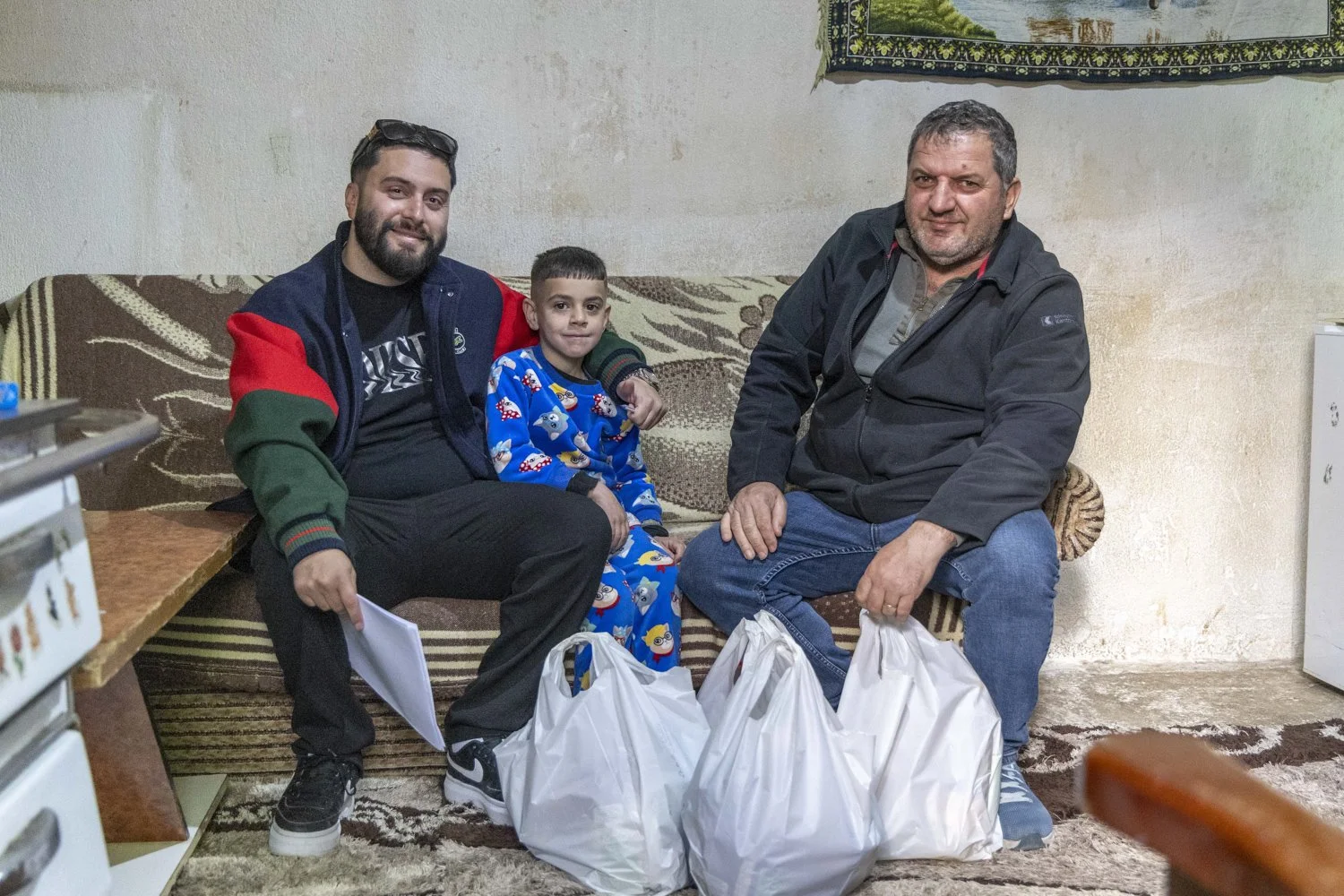“A Voice for My People”
It‘s been a long time since Franko went to school at Amaro Tan. He now has a Master‘s degree in Social Work from the University of Tirana and has returned to Pogradec to his Roma people and their place, Amaro Tan (Amaro Tan means Our Place in Romani). Franko is the social worker for our Amaro Tan program.
Franko remembers: “When I went to school, Amaro Tan was still very small, only 20- 30 children from Roma and Balkan-Egyptian families, the classes of hope. The special thing was that I didn’t experience any discrimination at school. I could say anything I wanted without being pigeonholed or met with prejudice.”
“Of course, our Romani language is also part of it, which is still spoken in the families. We teach in Albanian, which all Roma speak, but some things are simply easier to express in the mother tongue. Today, the language is a great help to me, especially when talking to parents. It builds trust, particularly when I have to address critical issues. The Roma traditionally don’t take problems to the outside world, but try to find solutions within the community. The fact that I am Roma myself opens many doors for me.”
“Another bonus of confidence for me is our small church community at the foot of the mountain, where I am very involved. This is very well known in the community.”
Amaro Tan looks different today than it did when Franko himself was a pupil. 135 children from kindergarten to grade 9 attend the school, as well as the soup kitchen and a whole range of social services.
Today, Amaro Tan focuses on people in need in general, regardless of whether they are Roma, Balkan Egyptians or Albanians. This helps enormously to promote integration and inclusion. Prejudices are beginning to disappear and the work of Amaro Tan and its positive impact is becoming increasingly recognized by the public, both by the people in the city and by the authorities, right up to the capital city of Albania.
Franko explains his work: “My working days are usually full of surprises; no two days are the same. You can’t make fixed plans. Maintaining contact with the families is very important. We make lots of home visits with the teachers and invite them to parent meetings, where we also address sensitive issues. We also provide all kinds of help, practically everything except cash in hand. The poorer families with many children often have to fight for their daily survival. The children are an integral part of their life planning, and are expected to contribute to the family’s income at a young age.”
“Girls are then married off as early as possible in order to be provided for. It makes me incredibly sad when yet another good, dedicated student who is learning English and loves sport doesn’t come back to school after the vacations. Fortunately, that happens much less often today than it used to.”
Social workers and teachers have a twofold task here: first, to open parents’ eyes to the value of education and the great opportunities it offers. That takes a lot of convincing and it’s great that Franko himself can act as a role model here.
Second, some families urgently need help with their livelihoods. Franko says: “School meals and food parcels are a great help, but we are also there for families in need. It is a great encouragement to me that there are hardly any beggars in Pogradec anymore and that the children can go to school instead of collecting bottles.”


